Description
Province: PNG Eastern Highlands Province
Village: Konkua
Altitude: 1800-2000 masl
Varietals: Arusha, Mundo Novo, Typica
Process: Washed
Producer: Konkua Cooperative
In the cup: Black Tea, Cola, Dark Chocolate, Full-bodied, Ginger, Honey, Jasmine, Nutmeg, Stone Fruit.
Konkua is a small cooperative and village in PNG’s Eastern Highlands Prov (EHP). Konkua are 100% certified organic and are the beneficiary of several quality development programs through PNG’s central coffee governing body the ‘Coffee Industry Corporation’. Konkua are now drying much of their coffees on African-style raised beds, while adopting a whole host of better production practices including picking, sorting, centralized pulping, fermentation and washing.
Konkua is a great example of a high-quality traceable Eastern Highlands small-holder coffee.
Rugged and wild, PNG’s Eastern Highlands produce an array of incredibly unique coffees. This region is vastly different to the Western Highland’s. Harvest in the East typically starts around May and ends around August and often into September. This is due to its lofty altitude that towers above 2200masl in many growing areas.
About PNG
Papua New Guinea shares the eastern portion of the large island of Indonesia and comprises of 600 islands situated just below the equator and to the north of Australia.
In some parts, PNG has hardly changed in centuries and is wild and rugged; it has high mountains, tropical rain forests, grassy plains, sandy beaches and coral reefs. Most of the popluation still live in tribal villages, amny unconnected by roads. A tribe will not wander into another tribe’s territory for fear of inciting tribal warfare, which is still commonly fought with bows and arrows.
PNG has some of the world’s last tropical rain forests. Subsistence agriculture is very commonly practised throughout at 98% and with permanent crops at only 1.4% of arable land. Subsistence agriculture is still commonly practiced by the many. Papua New Guinea gained independence from Australian 1975, and is a Commonwealth Country.
The highlands form the back-bone of the Country, with its high altitude and cooler climate is perfect for the cultivation of high-quality Arabica Coffee. 70% of the population are still dependant on subsistence agriculture with small plots of coffee trees. Pure economics dictate traditional and natural farming procedures as chemicals, synthetic fertilisers and pesticides are both unknown and unobtainable because of cost and logistics. Resulting in coffee with naturally low levels of caffeine and acidity, with absolutely no trace elements of chemicals and pollutants. This fact is verified by independent Australian and European laboratories.
(Info courtesy of MTC Group)
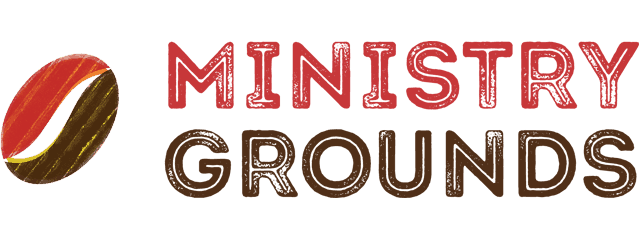
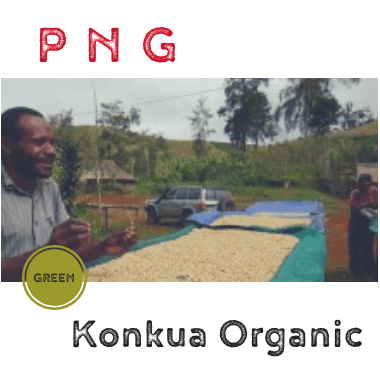
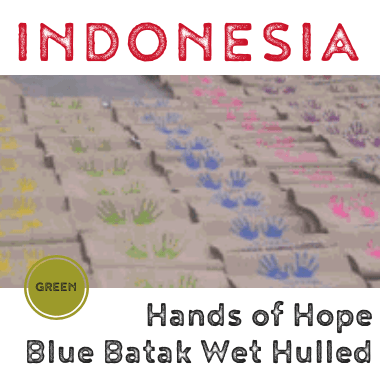
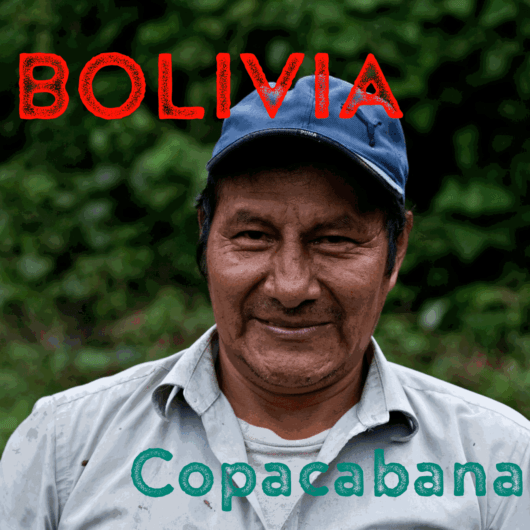
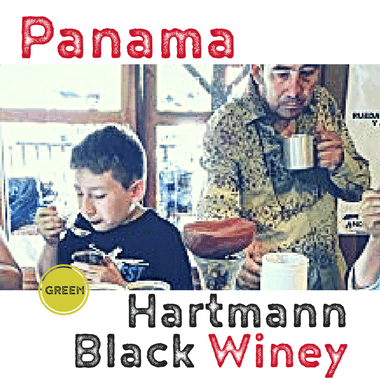
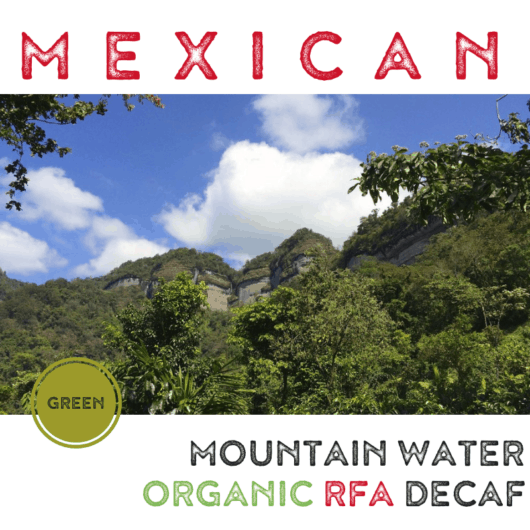
Reviews
There are no reviews yet.